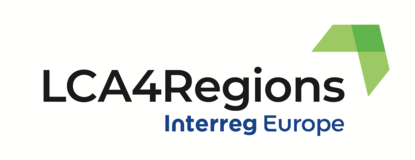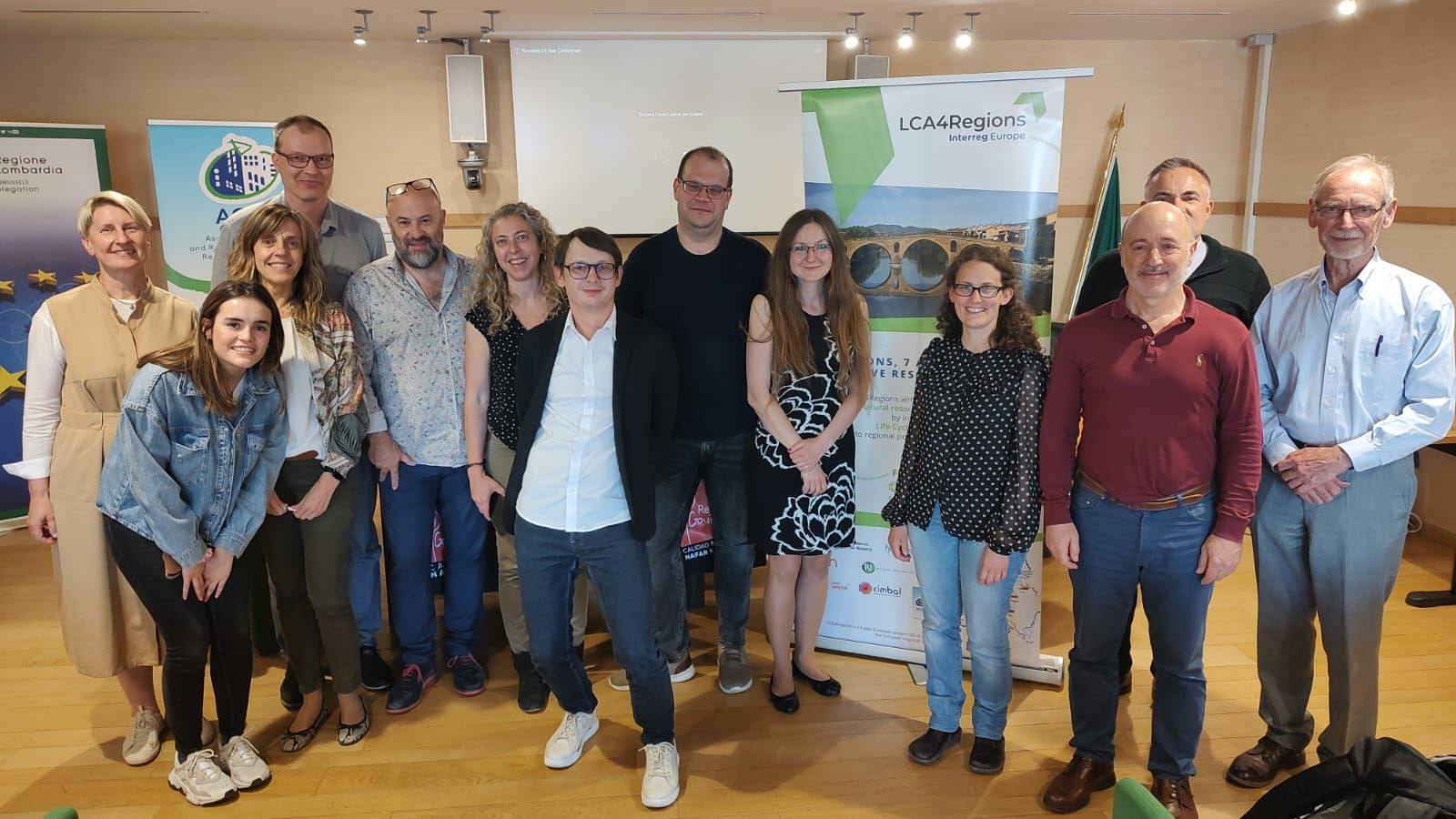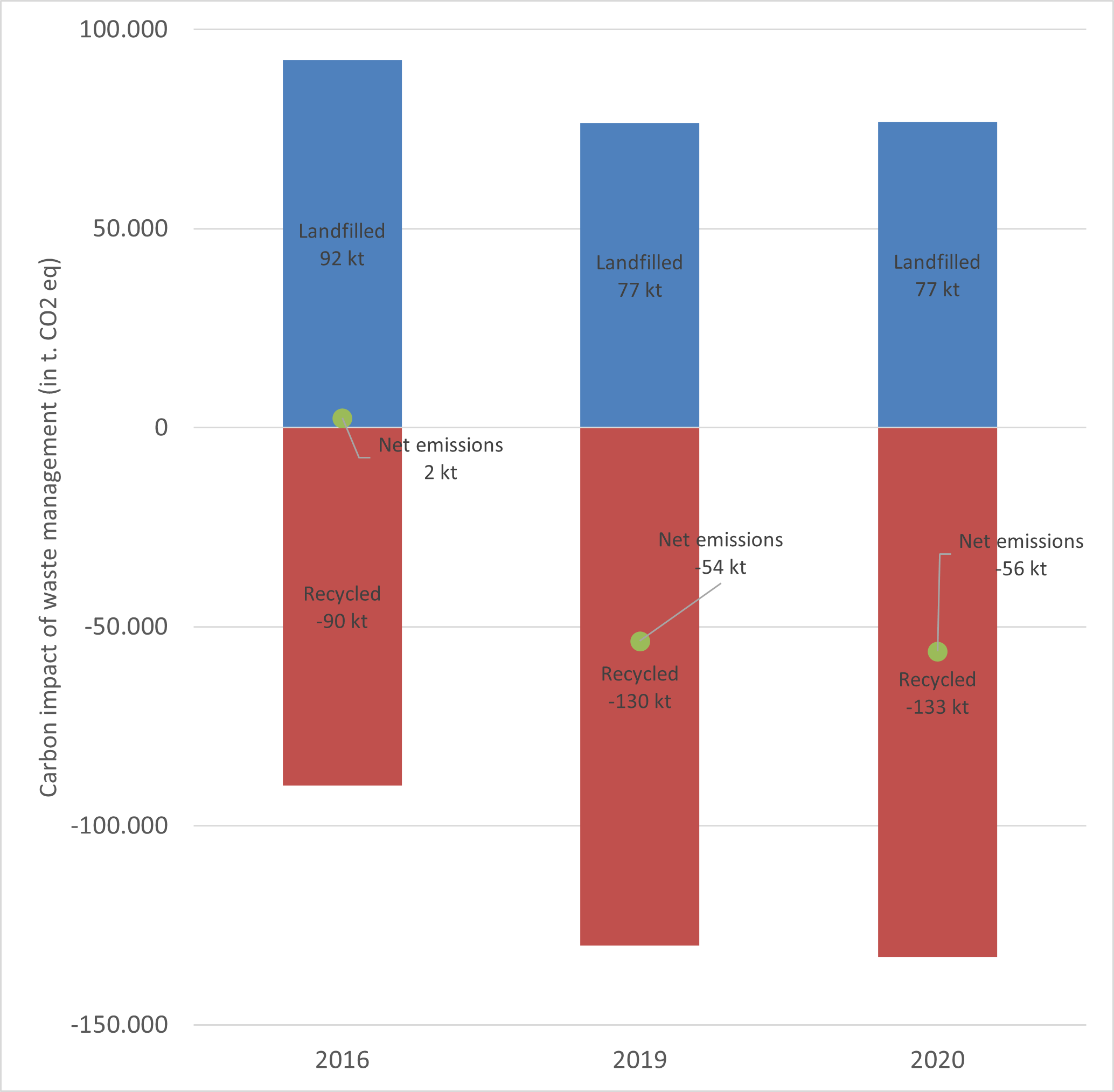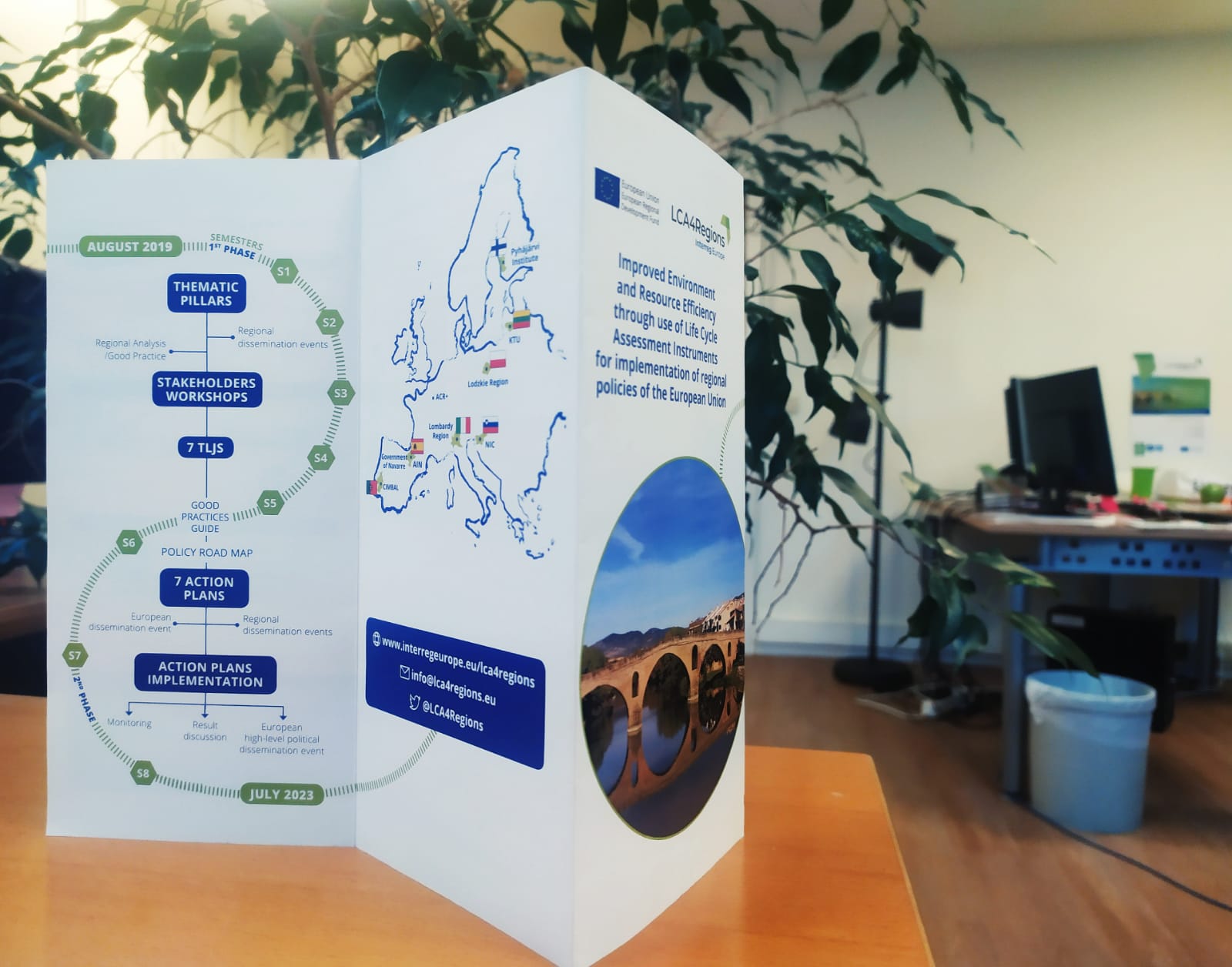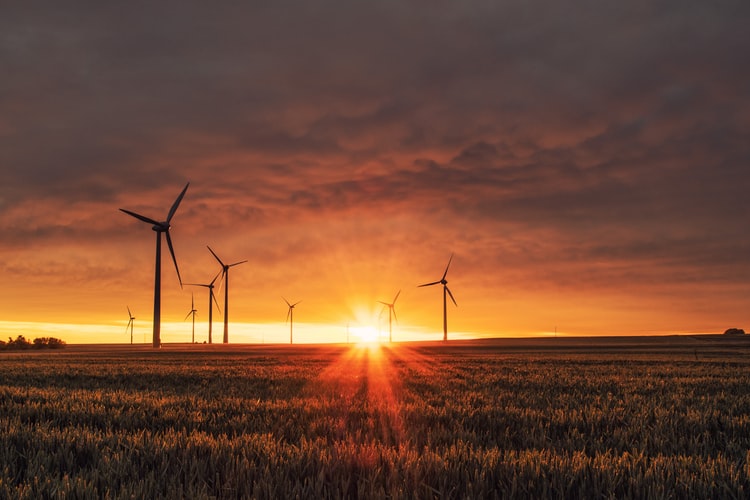The peer review is an essential part of the exchange of experience process. Each Transnational Learning Journey forecasts a peer review session focused on the local policy instruments.
Before the TLJ, partners received a document presenting the context and main policy instruments of the Lombardy Region and could already ask some questions to be answered during the TLJ.
The peer review took the shape of a Q&A session, after a presentation of Lombardy's policy context and instrument.
- Why Lombardy region decided not to use the LC based tools to support the ongoing revision of the Waste Management Regional Programme?
The document being approved is an update aimed at acknowledging the objectives of the directives on the circular economy and defining the evolutionary scenarios of planning to 2027. Thus, it is not a new program but an update of the current one. It was considered that the results of the LCA study conducted for the current (in force) program were still valid and that it still offers useful and valuable information for the updating of the current program.
- How do you reconcile the necessity to popularise pro-environmental implementations with restrictions on technological patents. Is it considered to speak analogically about the Patent Life Cycle - i.e. when a pro-environmental technology is really groundbreaking and effective? Can the regional and/or central authorities subsidise its shortening - LC (if the superior good is the environmental benefit demonstrated e.g. by LCA studies)?
Ideally speaking, the role of the public authority could be to facilitate the access to innovation, in particular when the “open” availability of innovation can be disruptive for sustainability issues. Yet, the issue is hard, for instance regarding one of the most strategic current topics: the vaccines. This can be a pathway to explore, but it will not be easy at all.
- Lombardy is one of the most important industrial centers in Europe (including heavy industry - which cannot rely solely on Renewable Energy Sources due to their instability). With LCA and energy as the basis of virtually every product, is there a plan to move to low carbon energy sources (hydrogen / renewable energy / nuclear)?
The Lombardy Region is trying to plan how to address the international targets, of course through the sectorial policy instruments, first of all the Energy, Environment, Climate regional Programme, which is currently under the SEA (Strategic Environmental Assessment) procedure. Then, the new ERDF-ROP 21-27 (under SEA as well) will also contribute to steer the region toward the climate goals: one of the specific actions will be to support the improvement of the energy performances of building and companies, to support RES and circular economy. The latter can often be a good tool for climate change mitigation. Then, the whole ERDF-ROP itself, according to the EU legislation, must support, with all its actions, the climate target. Other policies, such as the new Common Agricultural Policy, will also help to reach this target, and the National Recovery and Resilience Plan (NRRP) can support action for climate. Moving more concretely to energy sources, the Lombardy region already provides the 25% of national hydropower energy. This source is almost completely exploited in the region. Wind is not an option in Lombardy for different reasons. Therefore, we intend to boost solar energy, biomass energy, heat pump systems, bioenergy. The NRRP also foresees support for producing green hydrogen, which will most likely be produced through solar energy.
- Regarding your LCA experience, are the experiences represented by the Good Practices on municipal solid waste and construction and demolition waste also implemented (or something similar) by other regions in Italy? What is the average cost of preparation of such a large LCA analysis, e.g. for the municipal solid waste management system?
There are other regions which applied LC to support their Waste management programme. An ongoing study run by the Italian LCA Network Association (presented in the first day of the meeting) is exploring this aspect. The results of this study will be shared with the partners as soon as they will be available. Concerning the costs, they depends on the complexity of the system to be analyzed and the availability of data to run the study. It can be some tens of thousand euros.
- Does Lombardy's "Regional Strategy for Sustainable Development" make direct reference to the LCA? or is it rather indirectly related to this issue?
The Strategy, in the chapter dedicated to Circular Economy and sustainable production models, identifies some LC based methodologies as key tools (e.g. product environmental footprint, life cycle analysis, organisation environmental footprint). The life cycle thinking also permeates the chapter on sustainable consumption models for citizens and public authorities, and of course the whole section on circular economy.
